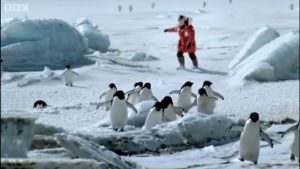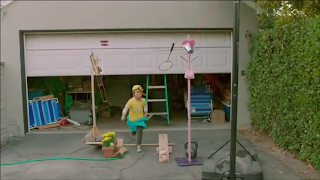Have you ever tried to buy a present for a little girl? It’s ALL PINK! And it’s all GIRLY.
Is it what little girls want, or is it what we teach them to want?
T
his video is a TV commercial making the rounds on Internet. I’m sure you’ll find it delightful if you haven’t seen it yet! GIRLS
To practice your English, listen out for these lines of the lyrics. Can you understand them?
- Girls! You think you know what we want
- Pink and pretty is girls
- You like to buy us pink toys
- and everything else is for boys
- It’s time to change
- We deserve to see a range
- Cause all our toys look the same
- We would like to use our brains
- Girls that build the space ships
- Girls that grow up knowing that they can engineer that
- Don’t underestimate girls
TODAY’S VOCABULARY IN ENGLISH
Commercial = advertising on TV. Notice that we don’t say “Spot” (I don’t know why so many English learners think we do!). The word “commercial” is a FALSE FRIEND: It looks like a Spanish word but it means something different. So if “a commercial” in English is “un anuncio”, how do you say the Spanish word “commercial” in English? …. Give up? ok, The answer is “sales person” or “sales rep”.
Make the rounds on Internet = when a video o joke goes from one person to another to another on Internet
Lyrics = the words to a song. NOT the “letter”. A letter is what we used to write before the Internet!
A range = several or many similar things, for example Apple makes a range of electronic products.
Underestimate = When you mistakenly think that someone is not very good, strong, powerful, smart, etc. when really they are. Don’t underestimate you enemies!
And remember to think about what you are going to give the little girls in your lives for Christmas this year!








